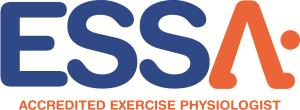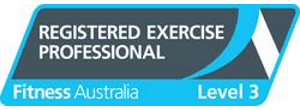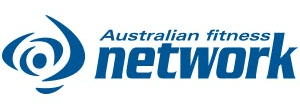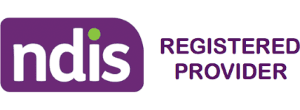PCOS and Weight Loss
Polycystic ovary syndrome (PCOS) affects between 12-18% of women, it is a reproductive age endocrine disease characterized by insulin resistance, low-grade inflammatory status and chronic anovulation.
What does the research say about PCOS, exercise and weight loss?
To be honest, there is not much research into the specific kind of exercise that is beneficial for PCOS. Exercise specific interventions in PCOS studies are limited and therefore they gain more insights into the mechanisms of exercise action and the impact of exercise on PCOS.
One particular article found resistance exercises decreased abdominal obesity not only will this be effective in improving insulin sensitivity but also improve levels of SHBG (Sex hormone binding globulin) in women with PCOS, as increased abdominal deposition is associated with increased synthesis of androgens. A combination of strength and aerobic training is beneficial as strength training builds muscle to increase your basal metabolic rate, and aerobic training has been shown to lower the risk of cardiovascular disease in women with PCOS.
How much exercise do I need?
Women should aim for:
- 20-40 minutes of vigorous activity or 70-150 minutes of moderate activity or a combination of both.
- At least 2 x strength training sessions a week.
- Less inactivity and more incidental activity during the week.
Exercise causes glucose to be taken from the blood and moved into the muscles, lowering the need for insulin at that time and improving the body's sensitivity to insulin.
If we can manage insulin, we are better able to manage testosterone, the cause of a lot of our PCOS symptoms.
The findings of exercise and PCOS have found that lifestyle modifications such as nutrition and employing resistance and aerobic exercise are beneficial in regards to the biochemical findings of women with PCOS. Starting an exercise program has seen a decrease in fasting insulin levels as a well as improved sex hormones.
Where to seek help
If you are new to exercise, and have no exercise history and have other health problems, it is recommended to seek medical advice before commencing an exercise program, and speak with your Accredited Exercise Physiologist to get a program that is specifically tailored to you.










